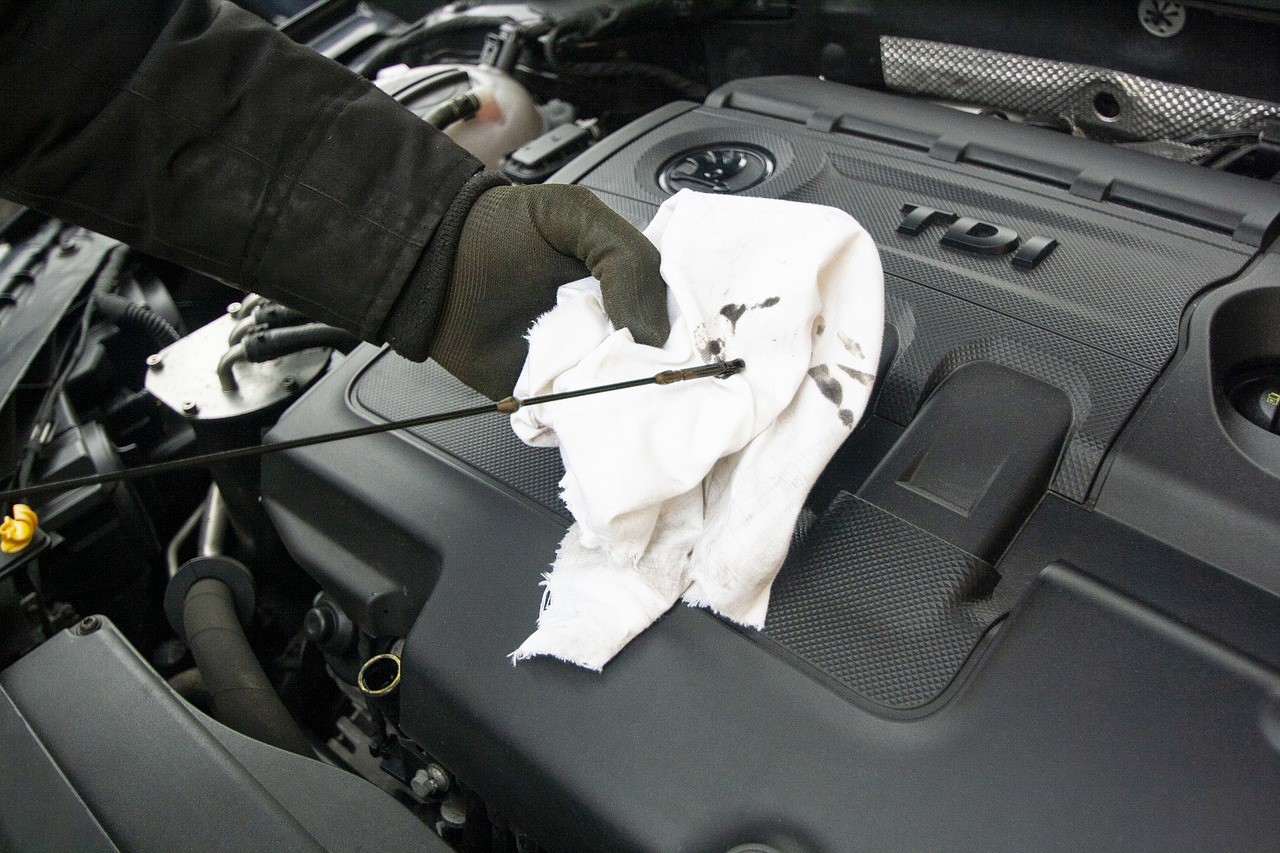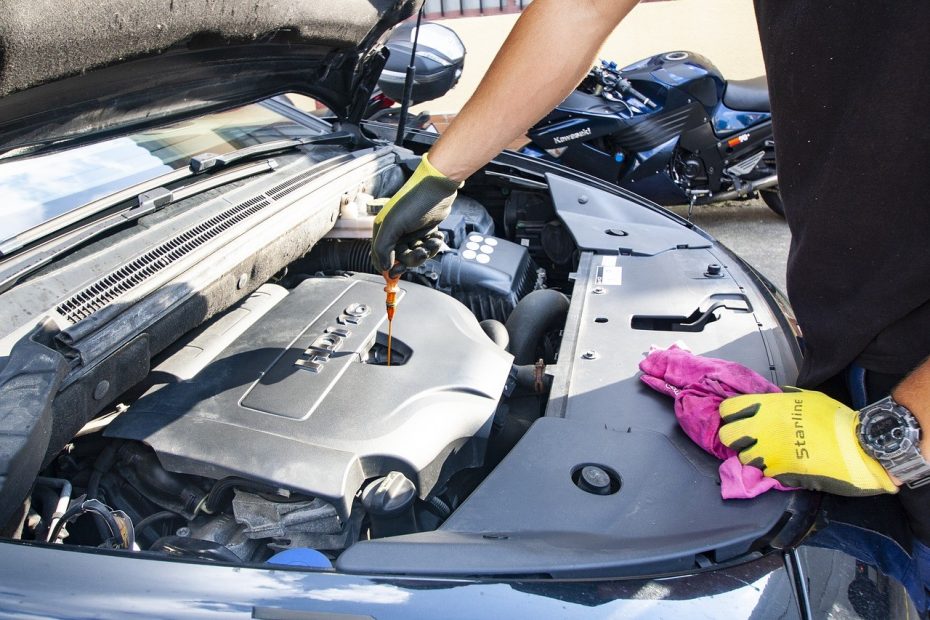Doing an engine tune-up yourself can save you money
Why take your vehicle to a repair shop and spend $200-$500 to get it tuned when you can do it yourself in your garage? DIY car tuning is possible even if you are a novice and have not done it before.
All you need are some tools and parts like plugs, wires, air filters, etc. Let’s get right to it, without any further ado.
Do a Basic Checkup
No matter what kind of car you own, always gets started with a basic visual inspection. Open the car’s hood, trunk, and doors and start looking out for any signs of damage. This will help you get a rough idea of the kind of supplies you’ll need to perform the whole tuning process.
Check and Replace Oil and Fluids
The next step in an engine tune-up is inspecting the engine. Check oil and other fluids including brake fluid, transmission fluid, coolant, if needed. If any of the fluid seems dirty, or is low, replace it.
Your documentation for your vehicle will express when the oil should be changed regardless of appearance. Other than that, we endorse changing the engine oil every three months or 5,000 miles.
Replacing the fluids will not only make your auto more efficient, but you will also experience a smoother ride.

Replacing Spark Plugs
The metal tip or electrode of a spark plug can wear out with time. They must be replaced to keep the performance of your car running efficiently.
While replacing the old spark plugs with new ones, be aware of the gap of the spark plug. For those who don’t know a spark plug gap is a space between the side and center electrodes.
Apart from that, always use the recommended spark plugs for your vehicle. They tend to last longer and can keep your car’s performance up to snuff.
Changing Oxygen Sensor
Also referred to as the O2 sensor, an oxygen sensor not only monitors the fuel-air mixture ratio of the engine but also has a direct impact on the fuel economy.
The overconsumption of soot and carbon of your vehicle’s exhaust can clog and block the sensor thus limiting its efficiency. You’ll have to get the sensor replaced if it looks all old and clogged. That will help ensure the ideal mileage of your auto.
Don’t Forget Fuel Treatment
Fuel treatment is crucial for an engine tune-up as it can improve fuel economy and enhance the mileage of your vehicle. To do so, you can either add fuel system cleaner or fuel injector cleaner to your gas to remove the obvious contaminants. This would help with improving the overall performance of the engine as well as the fuel economy.
Check and Replace Engine’s Air Filter
Replacing the an air filter is an easy step during an engine tune-up. An air filter cleans out dirty air and removes contaminants from it before it gets into the engine. Over time, it may get clogged with debris, dust, and soot, which may halt its efficiency.
If the air filter looks dirty, you can replace it on your own to keep your vehicle’s engine clean and healthy.
Final Thoughts
You don’t need to be a mechanic to perform a basic checkup of your car’s engine. An engine tune-up will not only improve the efficiency of your engine, but you’ll also enjoy the extra mileage of your car.
Of course, for any issues that you are unsure of we are here to help. Bring your car in. Our team will perform a thorough engine diagnostic. We’ll find the cause of the problem.


